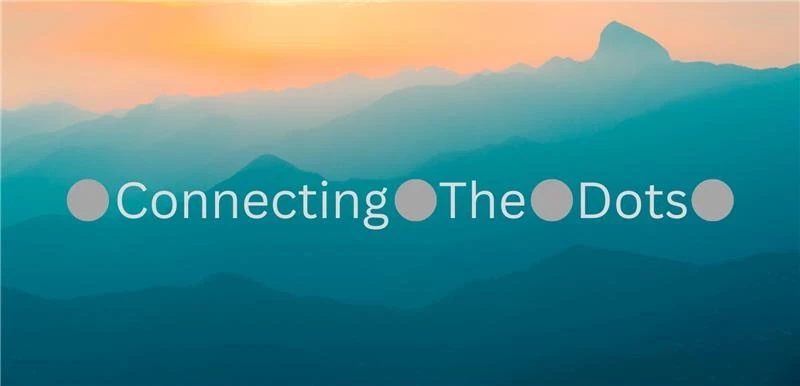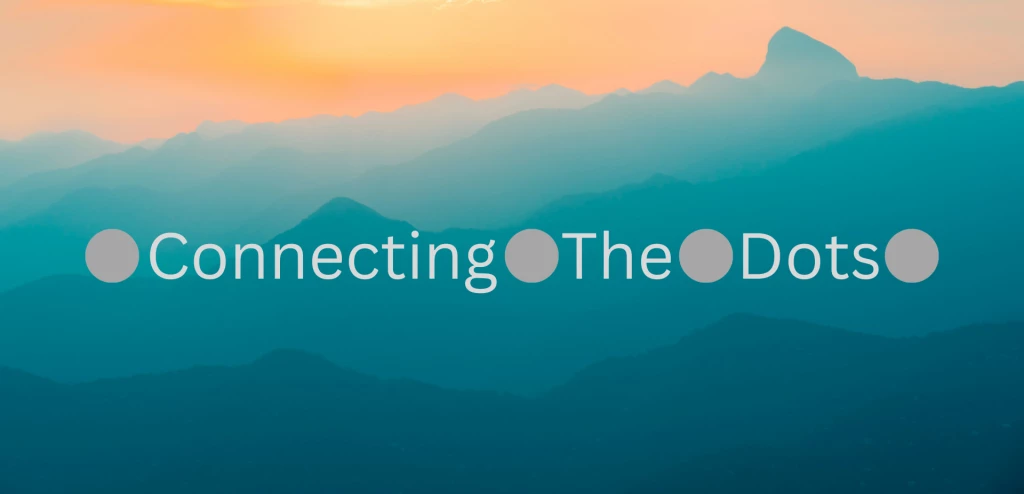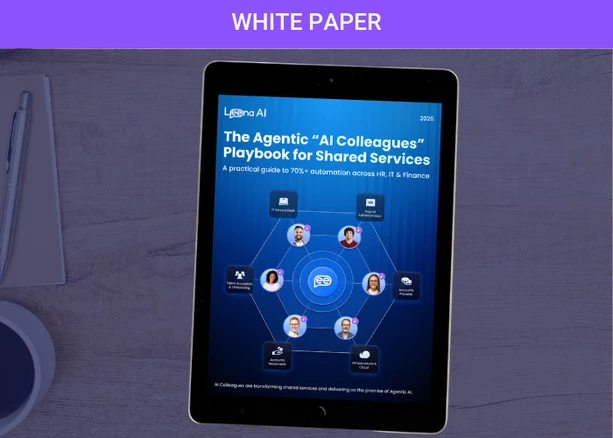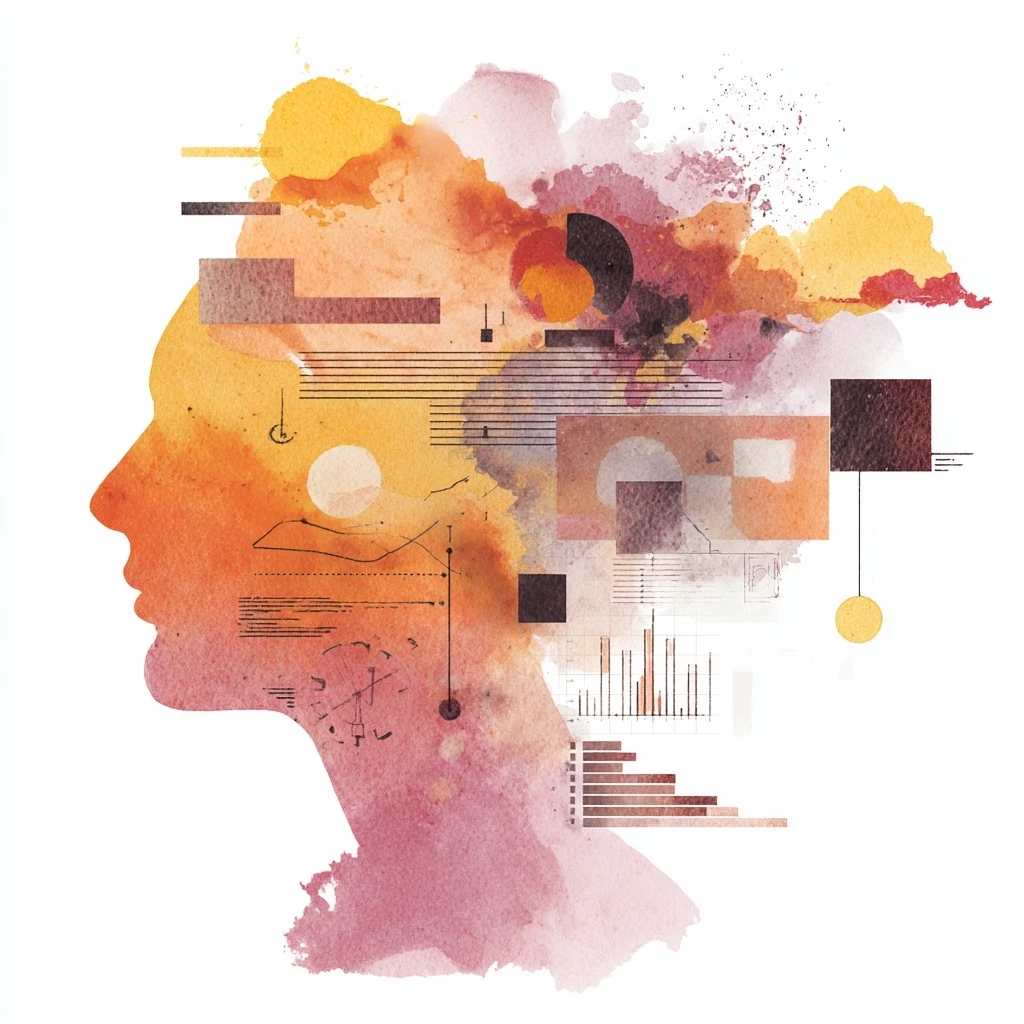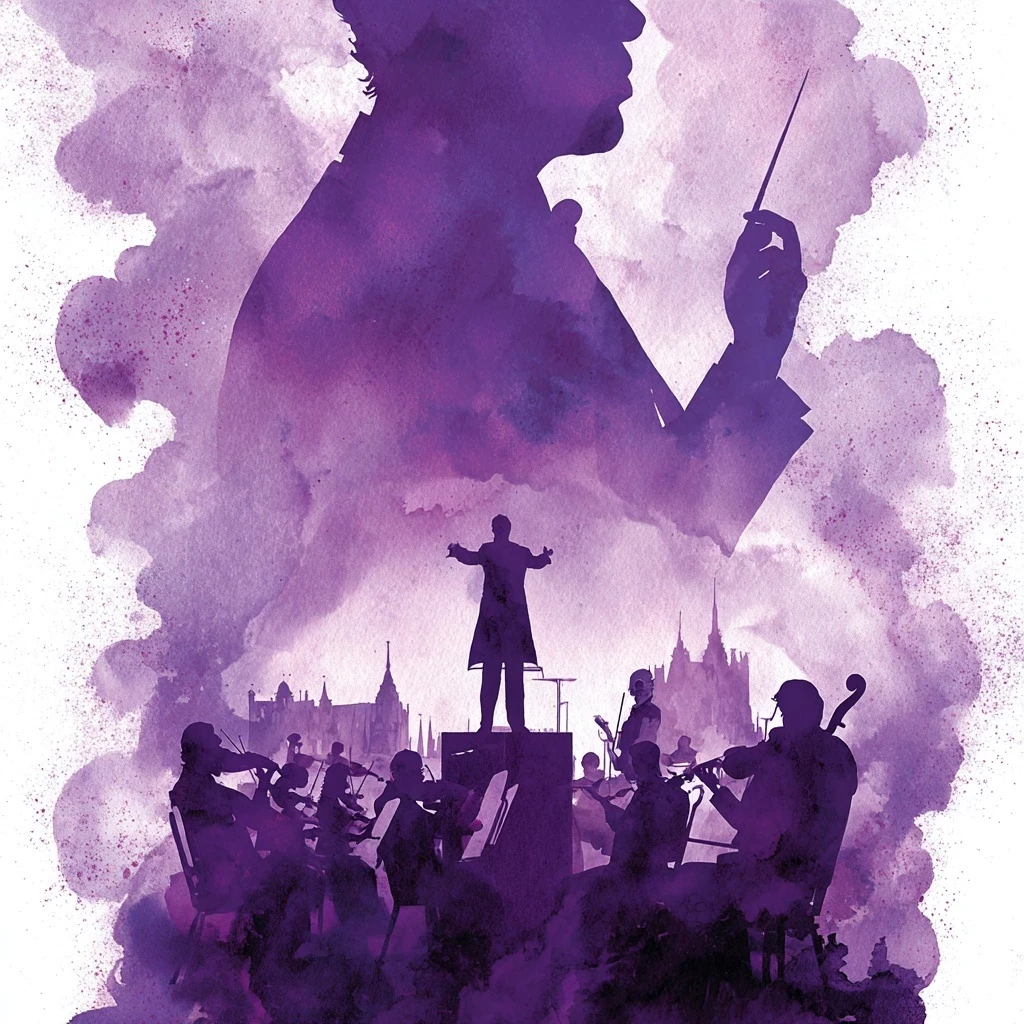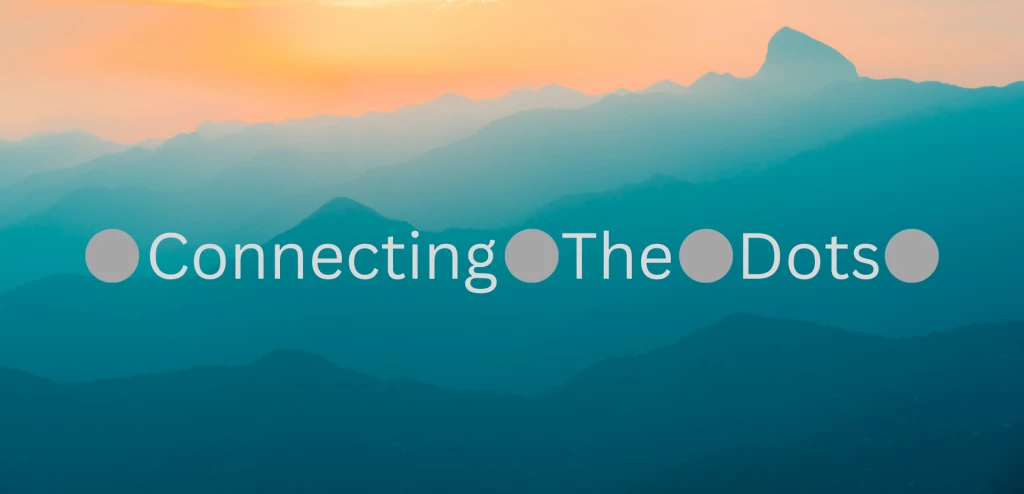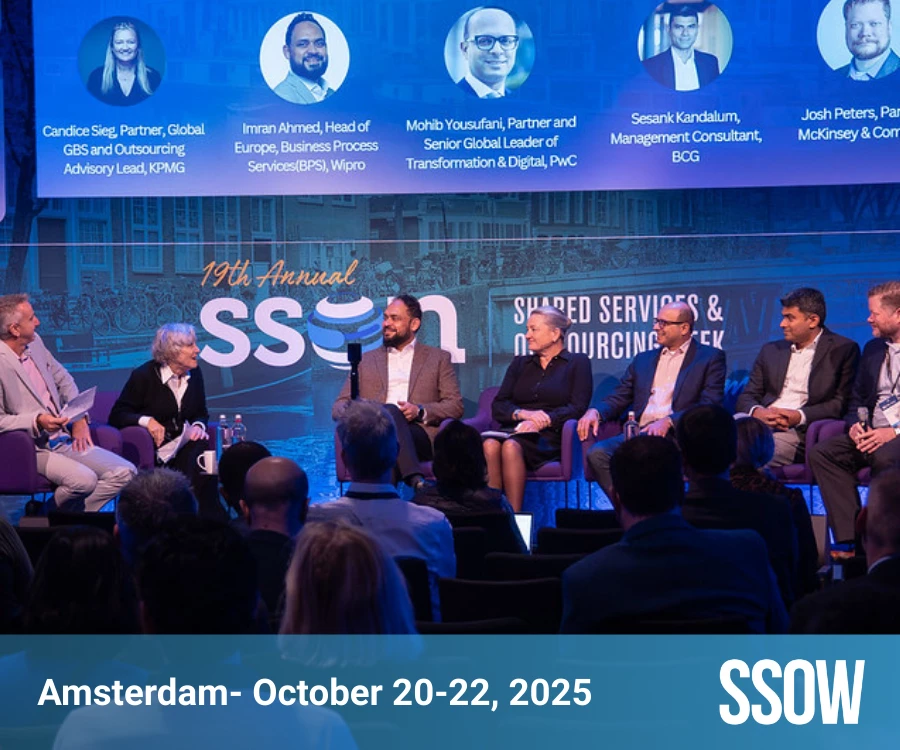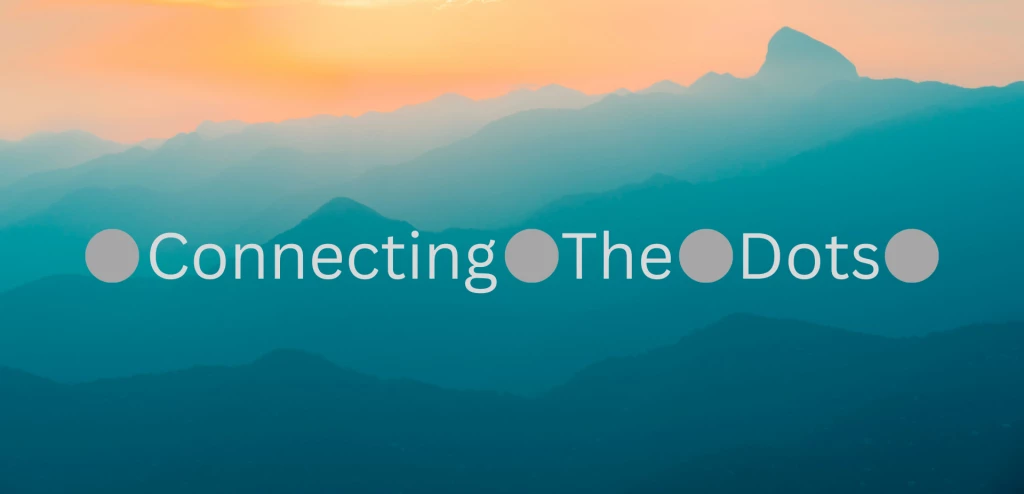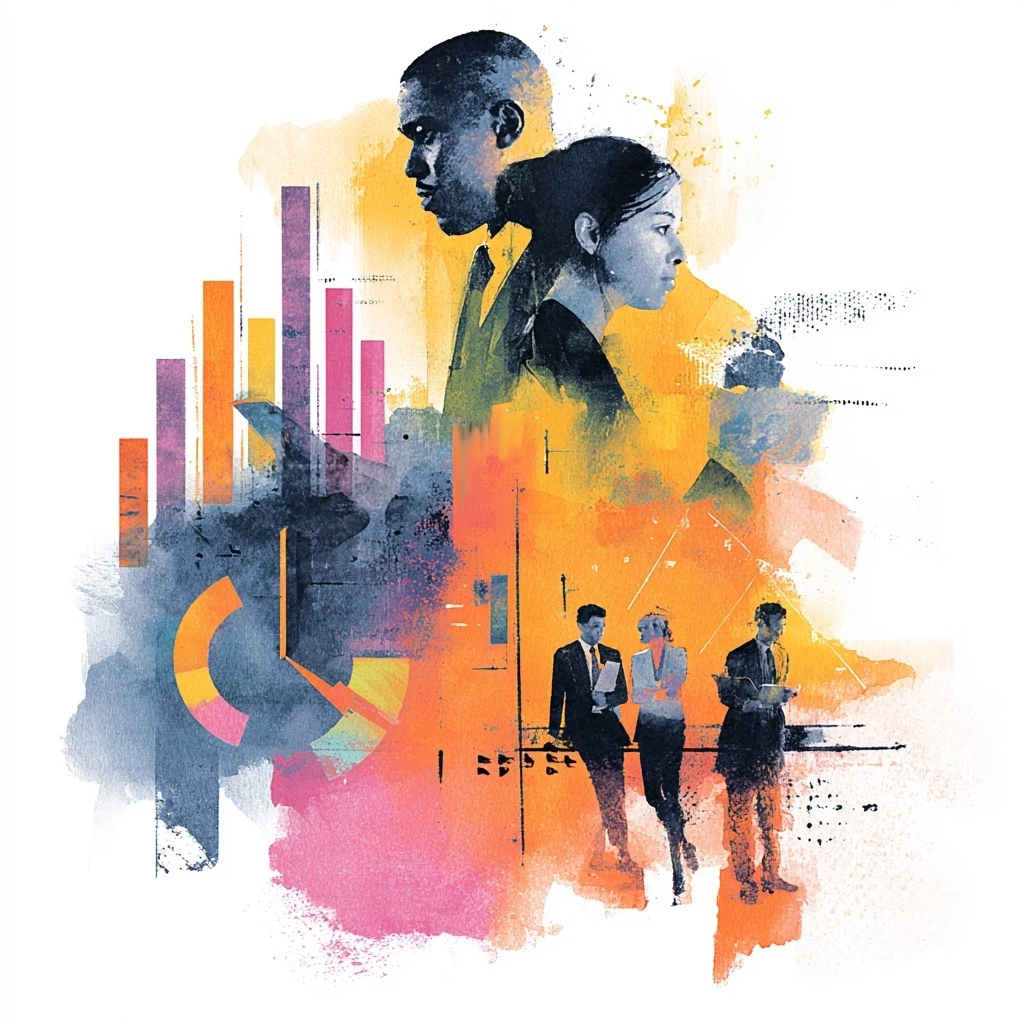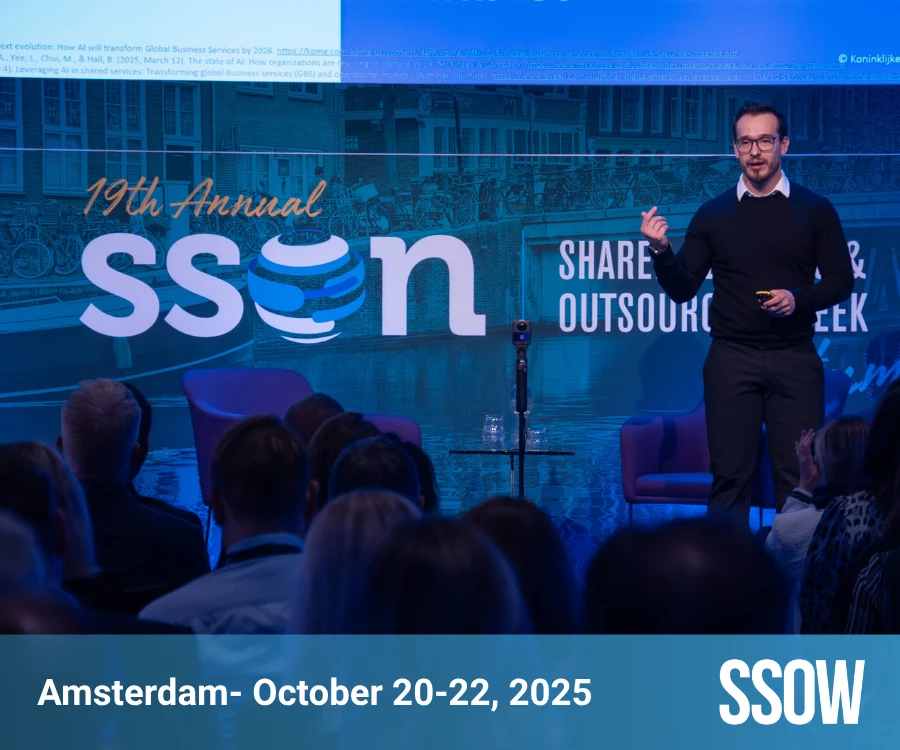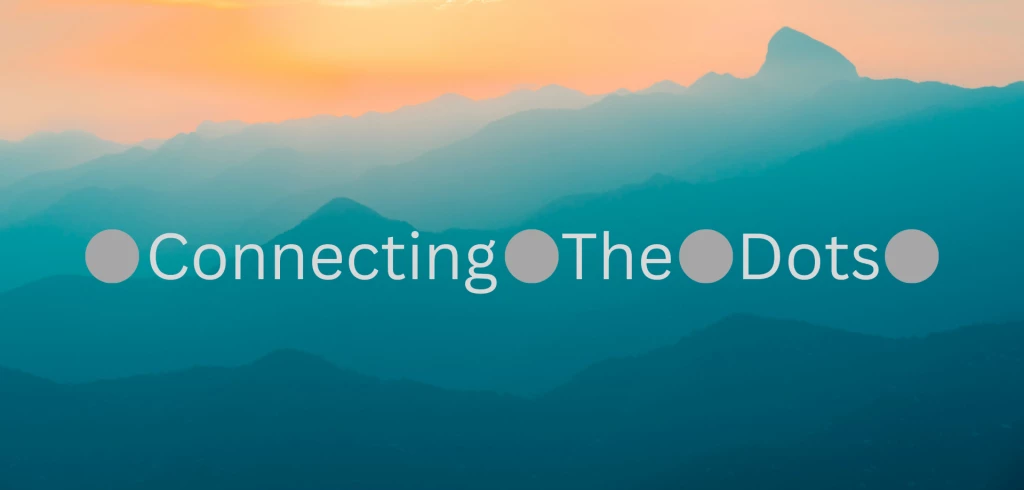Revisiting the Five-Tool Knowledge Worker in the Age of AI
Add bookmark
The hysteria and hype around artificial intelligence (AI) sounds familiar to me. It will obsolete humans. All jobs will be destroyed. Take a pause, governments must get involved. The robots are coming…invest in Nvidia! I’ve seen it before: RPA, Blockchain, Crypto, heck even the internet in its early days was overhyped (Dotcom bust, anyone?). All these technological advances are/were significant leaps forward that have an impact on the world of work. Their impacts play out faster every time, but still slower and never as dire as grand-standing politicians, doomsayers, and marketing shills predict.
The noise around AI got me thinking back five years ago to 2018 when I wrote a series of LinkedIn articles about the five human-centric skillsets that a human knowledge worker needed in their toolbox to survive and thrive in the coming age of robots. I thought that I would revisit them to see if they still apply (spoiler-alert, they still do). The five tools are: quantitative thinking, communication skills, people centricity, planning/process mindset, and critical thinking.
1. Quantitative thinking
Some aspects of quantitative thinking have remained the same in importance while others are even more vital going forward. Quantitative business frameworks are still the scorecards of private enterprise. P&L’s, balance sheets, and cash flow statements still tell the tale of performance. The better you intuitively understand the drivers that can move these needles, the more valuable you’ll be as a knowledge worker in any business organization. Rates of change are an even more important way to see the numbers as business fortunes develop and unravel more quickly than ever before. Everything, including business, is dynamic, in a constant state of change. Be sure you are looking at numbers that way. Statistics and a data-based mindset, if anything, take on even greater importance in an AI world because you’ll need to internalize this type of thinking to understand much of what is going on. In the near-past, to excel (no pun intended) in many knowledge worker roles, a person needed to get their hands dirty by engaging directly with data. This was possible/practical when we were talking about small data (less than 100,000 records). In the era of big data, there are millions, billions, and zillions of data points that can be analyzed to glean insight. This is a great opportunity, but it can only be seized by those knowledge workers willing to let go of the wheel and let the black-box do its thing. Those who understand statistics and data will be able to make this transition better than others.
2. Communication skills
Writing, speaking and active-listening, will be needed to complement the powerful impact that artificial intelligence will have on the future of work. I’ll admit it. I’ve used the Chat-GPT integration in Bing to put together a phrase or two to use in my writing when I’m at a loss to find the right words to describe a concept. These occasions satisfied a need and were factually correct but flat, boring, and didn’t convince the reader of anything by themselves. I had to do that - with a thesis and a persuasive argument. Persuasion and influence are human-to-human phenomena which come about from superior communication skills that should be in every knowledge worker’s toolbox.
3. People-centricity
It should seem obvious that humans need to bring this element to the table in an AI world of work. I’ve been in organizations where the culture was people-centric and where it was not. There was a big difference in business performance (and happiness), so it does matter. An environment of true connection, authenticity, empathy, and inspiration fostered, modeled, and dictated from the top makes all the difference. As more and more areas of business are governed by artificial intelligence, people-centricity becomes a must-have skillset for a knowledge worker to make a difference and add value to a private enterprise. AI doesn’t have human consciousness (yet) so develop your human competitive and comparative advantage to be successful in your career.
4. Planning/process mindset
Developing a planning/process mindset is the key to being a knowledge worker who can accomplish big and complex tasks well. It speaks to the execute side of the strategy + execution = success equation. The first time in my career that I saw a program roadmap made up of multiple projects, I was blown away. I think that a light bulb actually went on over my head (I hope no one saw it). Up until then, I had been a good task accomplisher, but then I saw how one project could build upon or combine with another to make something greater possible. It took planning, coordination, and project management of all the multiple pieces, skills that I didn’t have at that point, but which have proven invaluable since. AI can help with this by doing modeling, scenario planning, etc., but at this point, a human is best to create a future vision, a plan to get there, and oversee the projects that need to be executed to bring a strategic program to fruition. Process thinking is a related but not identical skill that ensures that when work tasks are strung together to accomplish an entire activity, the result is efficient and effective. A planning/process mindset is applied to a specific challenge at-hand, so the resulting work to be done (the plan) is a unique creation of a knowledge worker’s efforts. At this point, turning strategy into an actionable plan and optimizing processes by looking at them end-to-end (things such as process mining and automation are accelerators, but can’t do the full job) is better suited to human knowledge workers rather than AI.
5. Critical thinking
In my humble opinion, critical thinking is the highest order skillset or tool that a knowledge worker can possess. Great critical thinkers are rare: talented artists, innovators, strategists, and visionaries are revered, celebrated, and remembered because their genius is obvious to all who experience it, isn’t seen every day, and can’t be taught, per se. Today’s AI can produce music, provide clues to how to cure diseases, and solve complex problems, but critical thinking is often counterintuitive, iterative, and almost magical. It rarely takes the same path as what has come before but is novel and smacks of breakthrough. Not all knowledge workers will need to acquire critical thinking as a skill, but I submit that it is still one area where humans can bring something to the table that AI cannot (yet).
Conclusion
Artificial intelligence (AI) will profoundly change the world of work but the prescription to survive and thrive remains the same. Invest in building skillsets that make you a better human knowledge worker. Sharpening your quantitative skills, not to try to keep up with the robots (you can’t), but to better understand what/where/how to improve things. And while large language models (LLM’s) may have been trained using gobs of text, superior communication skills will ensure you continue to add your unique value by influencing and persuading others. Also, many companies today are people-purpose driven so the ability to be a force for people-centricity will set you up for organizational success. The ability to employ a planning/process mindset ensures execution today and enables you to envision/build tomorrow while leaving the heavy lifting to the ‘bots. Finally, the pinnacle of human consciousness, critical thinking, remains the domain of a human knowledge worker who has talent born of their brain being wired in a way that AI cannot emulate (yet). I’m not a Luddite. I believe artificial intelligence will have a major impact on the future of work. But I also believe in the power of human knowledge workers to learn, evolve, and adapt. I’ll check back in on this topic in another five years (or will it be a ‘bot impersonating me?).
Thanks for reading. Let me know what you think. Feedback and thoughtful opinions make me learn, evolve, and adapt.






















